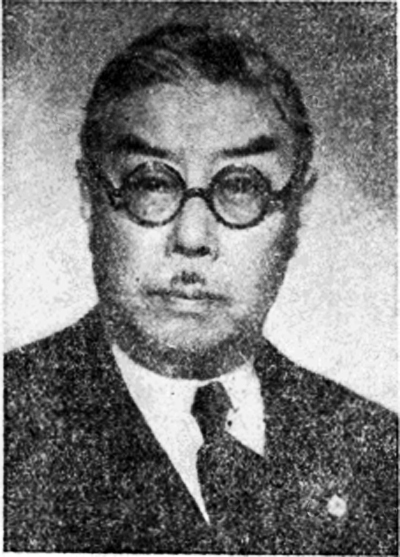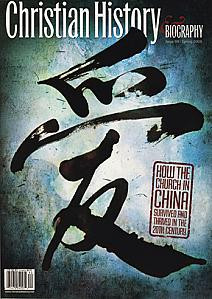YAN HUIQING DID ALL HE COULD TO STOP BIG POWERS PUSHING CHINA AROUND

[Yan Huiqing—Fu Runhua, Zhongguo Dangdai Mingren Zhuan, Shijie Wenhua Fuwu She, 1948, p.298. public domain, Wikimedia File:Yan Huiqing3.jpg]
IN THE NINETEENTH and early twentieth centuries, China had little international power. Western nations and Japan pushed it around. Christianity was the faith of a small minority in China, thanks to the work of both Catholic and Protestant missionaries. One of the most influential Chinese Christians of the nineteenth century was Yan Yongjing. A Protestant pastor, evangelist, and educator, he had been among the first to earn a degree in the United States. His son, Yan Huiqing (also known as W. W. Yen) would also win renown in China and on the world stage.
Reared by intelligent, loving, and Christian parents, Yan Huiqing studied in the United States as had his father, graduating from the University of Virginia, which later named a dormitory after him. Upon his return to China, he became a writer and translator. One of his undertakings was to edit a new Chinese-English dictionary. In association with other gifted Chinese, he also wrote the English page of a Chinese newspaper. As early as 1903, he and his ally Tang Guo'an won a formal debate against western counterparts, arguing successfully that extension of port treaties to all China would be devastating to the nation.
After entering the Civil Service, Yan worked alongside those who struggled to restore China's territorial rights. He was so trusted that he even served five brief stints as Prime Minister and was five times China's foreign minister. His knowledge of English and of International Law made him a valuable adjunct, and he was useful to China because he did not side with political factions. Among the countries in which he represented China were the United States, Germany, Sweden, Denmark, and the Soviet Union. He negotiated with the Soviet Union during a border dispute and the Manchurian crisis. At times he was a member of Chinese delegations to the League of Nations.
Although he did not pursue an evangelical career like his father, Yan adhered to the Christian faith. His marriage was conducted as a Christian ceremony. (He and his wife would have six children.) He was affiliated with Christian organizations all his life, teaching at St. John’s University—which his father had helped to found—and working with the YMCA. He recognized the need for inner transformation, remarking, "Faces may have been washed, but hearts must also be changed." While overseas, he attended Christian churches. After a German pastor claimed from the pulpit that God was on the side of Germany, Yan expressed disgust that anyone would attempt to make God a party to nationalistic quarrels.
Although suffering from a serious heart condition, Yan led a peace delegation to meet Mao Zedong and Zhou Enlai in 1949. He expressed his desire that the Communists would protect religious freedom and property rights. Yan died in Shanghai on this day, 24 May 1950, at the age of 74. The funeral service was held in the Church of the Savior, his family's home church.
—Dan Graves
----- ----- -----
Related reading: Christian History #98, How the Church in China Survived and Thrived in the 20th Century






